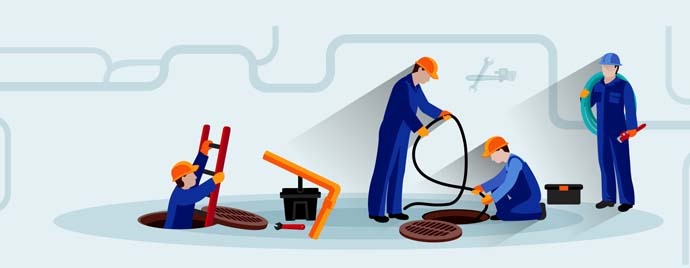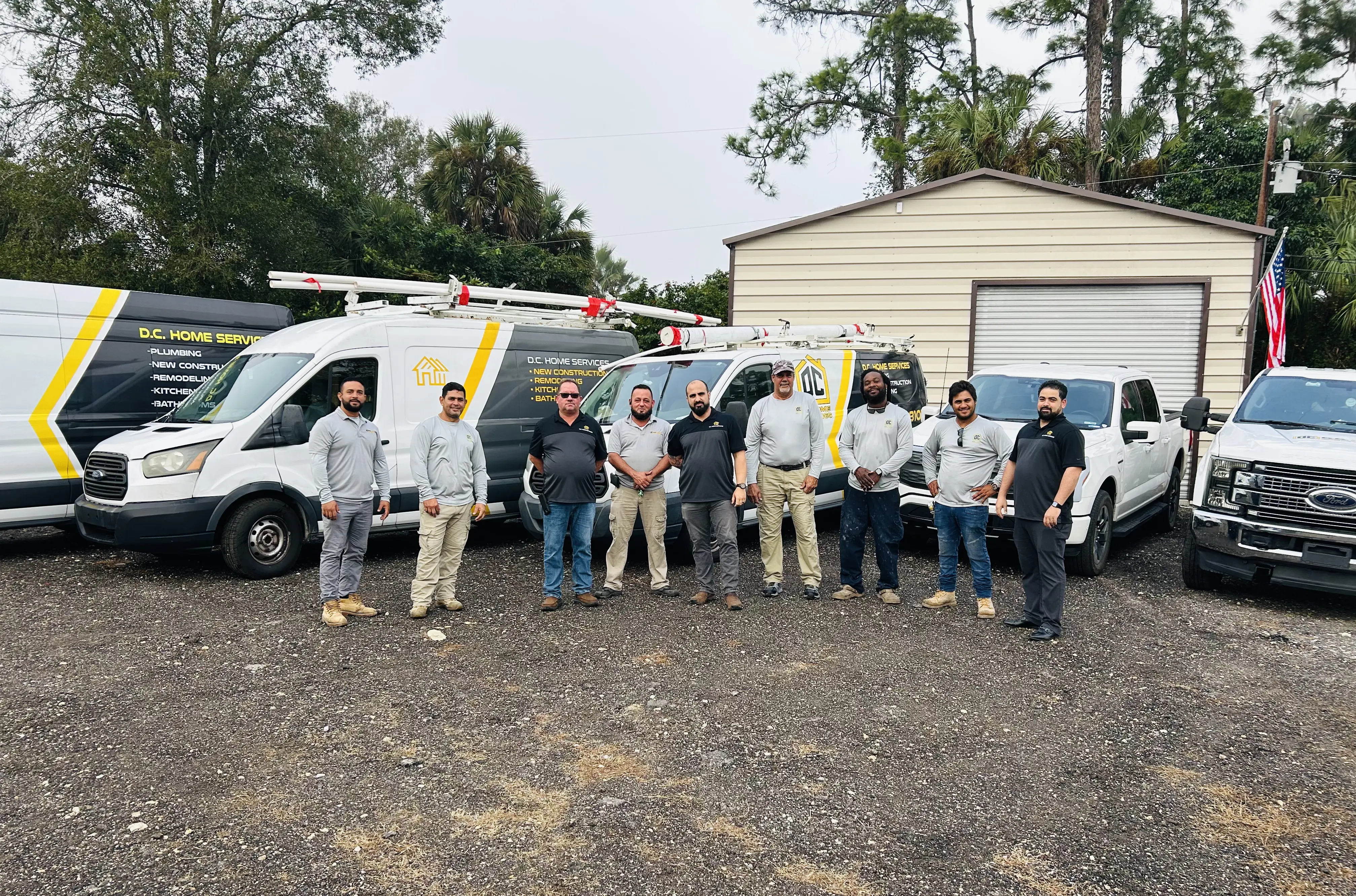Underground Work

Underground work for new construction single family homes
"Underground work" in the context of new construction for a single-family home typically refers to the initial groundwork performed before the construction of the house begins. This phase involves several crucial tasks:
- Excavation: This is the process of moving dirt and getting ready for the house's foundation. It involves clearing away rocks, dirt, and other debris to give the foundation a level surface.
- Work on the Foundation: After the excavation is finished, the foundation is built. This covers the foundation walls as well as the footings, which serve as the foundation's base. Given that it underpins the entire structure, this work is essential.
- Utilities: Installing underground utilities, such as gas, electrical, and plumbing lines as well as occasionally sewage connections, is another aspect of underground work. To guarantee that they are accessible and in the right location, these lines must be installed before the foundation is covered.
- Drainage Systems: It is crucial to install systems for adequate drainage to stop water buildup around the foundation. This could involve managing water flow away from the house with drainage pipes, gravel beds, or other methods.
- Backfilling: The excavated area surrounding the foundation is backfilled after the foundation work and utility installations are completed. In order to support the foundation walls and prepare the ground for future construction, this entails filling the empty space surrounding them.
For the house to remain stable, functional, and long-lasting, each of these phases is essential. This stage lays the framework for the entire construction project, guaranteeing that the finished structure will be stable and equipped with the required utility connections.


